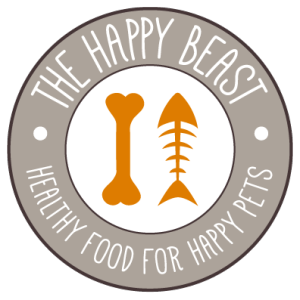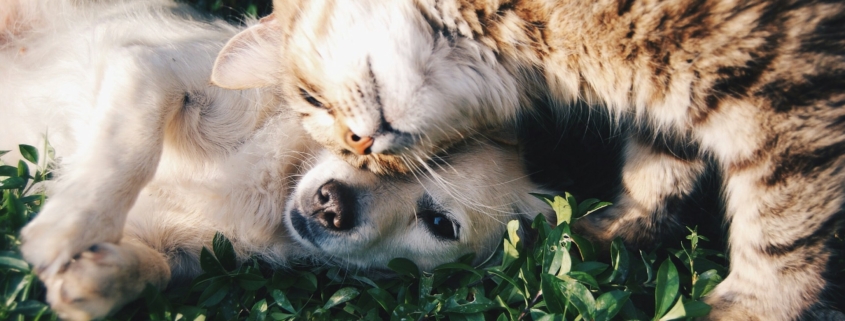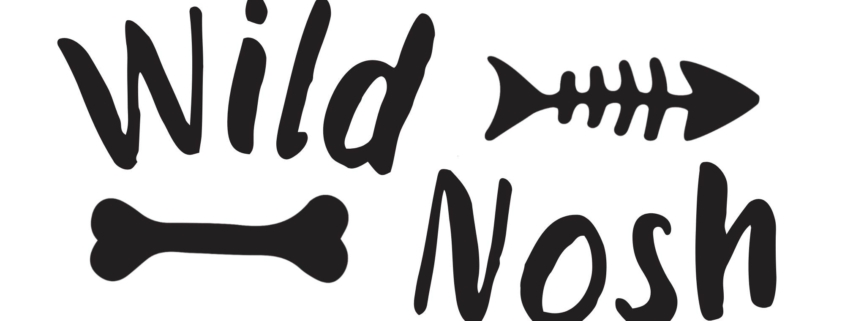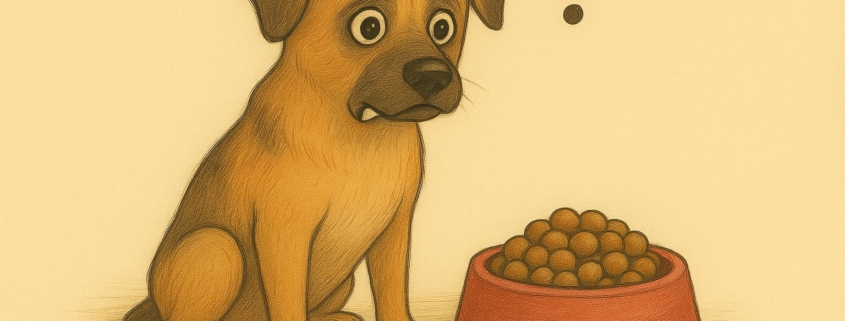Are you considering a raw dog food diet or a raw cat food diet for your beloved companion, but feeling hesitant because your veterinarian doesn’t support raw feeding?
At The Happy Beast, we frequently hear this concern: ‘My vet is against raw food.’ This is a common challenge for pet parents advocating for fresh pet food or biologically appropriate raw food (BARF) diets.
If this sounds familiar, you’re not alone. While some veterinarians are open to fresh feeding and even recommend it, other vets express caution regarding raw food diets, primarily due to concerns about bacterial contamination and nutritional imbalances, often stemming from limited education on fresh food in vet school.
These vets still default to conventional kibble brands like Purina, Hill’s, or Royal Canin. This isn’t necessarily because your vet is uninformed or doesn’t care; it’s often because they’ve only been taught one side of the story.
In addition to dispelling concerns, we also believe it’s super important to highlight the benefits of raw pet food diets. For example, many pet parents observe significant health improvements in their animals, including glossier coats, improved digestion (leading to smaller, firmer stools), increased energy levels, and better management of allergies when switching to a species-appropriate raw diet. (Check out our blog for more info on the benefits of raw food!)
So how do you navigate this conversation respectfully, advocate for your pet’s health, and make informed choices when your vet isn’t well-versed in raw pet food or fresh diets? Let’s break it down.
Read more






